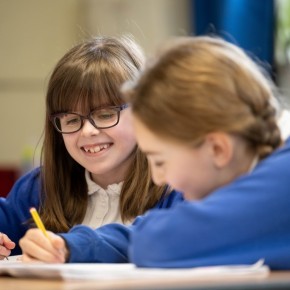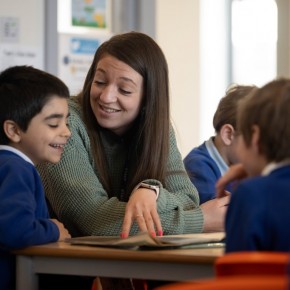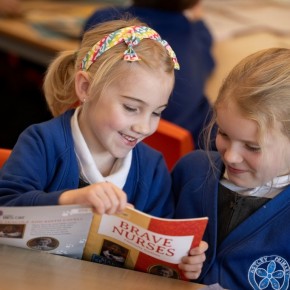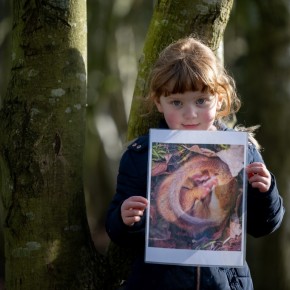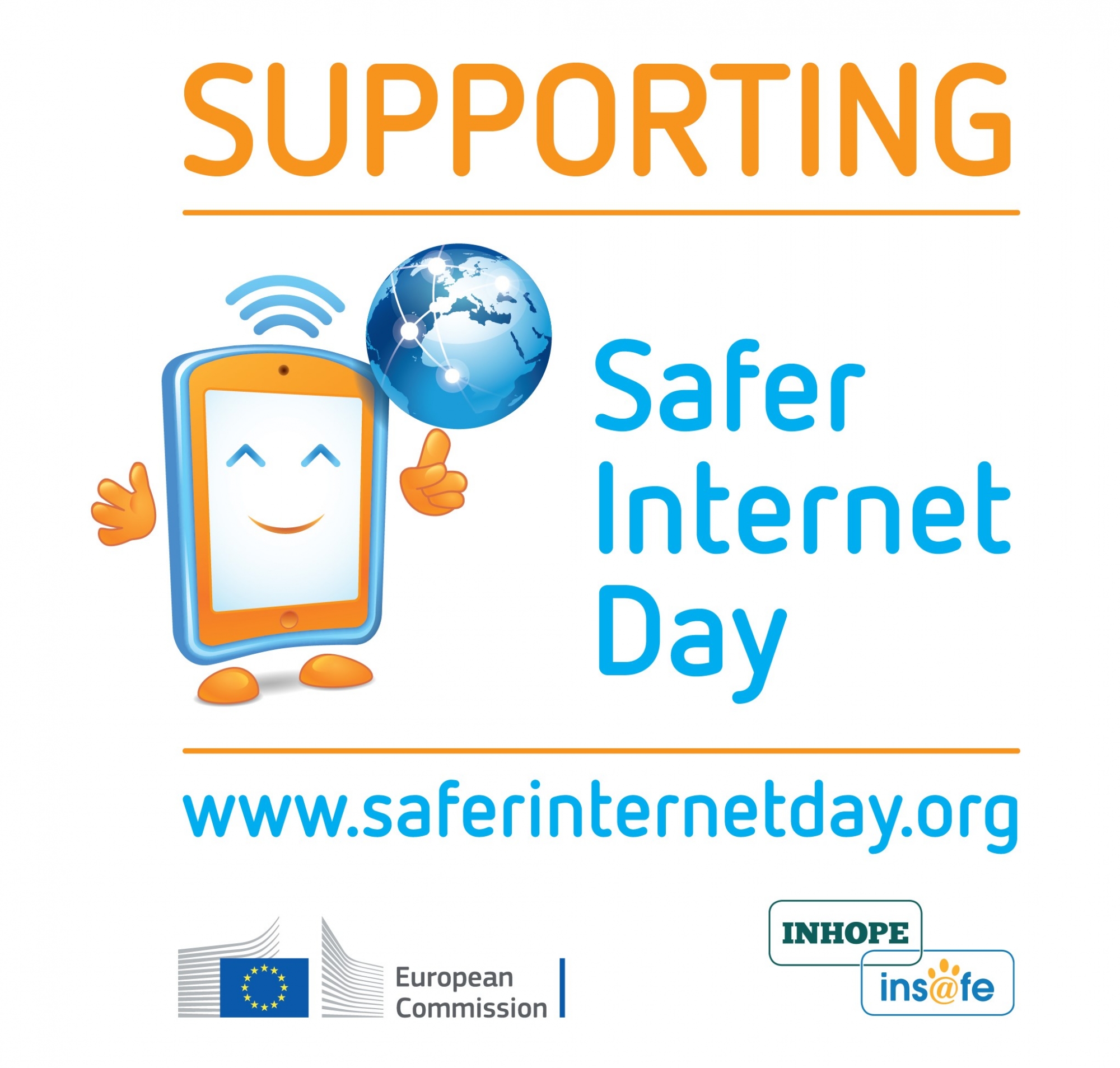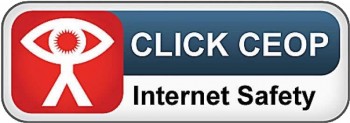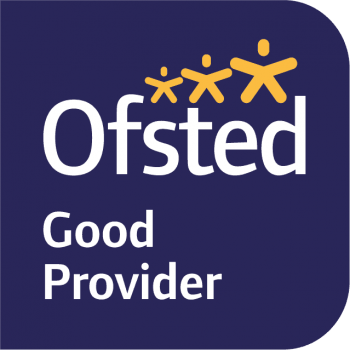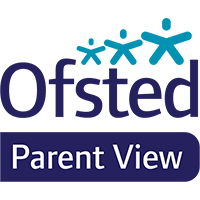Our School
Safer Internet Day
8th February 2022
‘Safer Internet Day aims to make a safer and better internet for everyone, especially children and young people.’

Miss Le Rose was under the Astley ACE Spotlight! for ACE Art Focus Day in the Autumn term of 2021, when we learnt that she is Curriculum Lead for both Art and Computing.
We speak to Miss Le Rose again as we put Computing and Safer Internet Day in the ACE Spotlight!
Miss Le Rose has been Curriculum Lead for Computing since 2018.
Tell us about the skills and experience you bring to the role as Computing Curriculum Lead?
I love problem solving and computing is basically understanding how to spot problems and solve them! Before I was a teacher, I used to do some graphic design for businesses and code some basic websites, as well as marketing, which enabled me to understand how to use Computing for varying purposes in a more professional way.
What connections are there and how is Computing incorporated into the ACE Curriculum and what does this look like across the year groups, from Key Stage 1 to Key Stage 2?
The Computing curriculum is broken down into three key areas: E-Safety, Data and Digital Literacy; Information Technology, Media and Computing Skills; and Coding, Algorithms and Programming. These areas involve understanding key topics like staying safe and kind whilst using technology, understanding how to design and use programs and also how to write code and build websites. Each year, the skills that have been taught previously are built upon to enable students to become more specific with skills and deepen their understanding. These areas have links with mathematics, science, and design and technology through different units to enable children to understand the wider benefits of Computing and how it links to other areas of both school and the outside world.
How has Computing changed since you were at school and what technology did children typically have access to at home when you were growing up?
Computing has changed dramatically since I was at school! We had a brand-new Computing room installed at primary school and the computers were all very chunky desktops that could only print in black and white. At home, I had access to a family desktop computer which you had to type code into to start up! There was no internet access, because it wasn’t really a thing then! The only real technology we had access to was the TV and the telephone and we only had 5 channels! So, the amount of variety now would have been unimaginable at that age. Computing is such an interesting subject because it is advancing so quickly from day to day – just as you learn about one thing, a new thing is designed and created. It is incredibly fast paced, but understanding the basics is key to being able to keep up.
Which recent advances in technology do you think are positive for children and which changes do you feel can be negative?
Technology has made the world a smaller place, which is incredible. Being able to connect with others, communicate, discover and learn things at a rate which didn’t exist previously is amazing and it opens doors that would have been hard to find! However, the downside is that often this can lead us to living our lives entirely on our phones and can also allow extra spaces for being unkind to one another, which is why understanding E-Safety is SO important.
What will pupils be learning on ACE Safer Internet Day 2022?
The theme this year is ‘All fun and games? Exploring respect and relationships online’. It is designed to get children thinking about their online behaviour and focusses on all aspects of the internet, from gaming and chat, to streaming and video, and celebrates young people’s roles in creating a safer internet, whether that is whilst gaming and creating content, or interacting with their friends and peers.
Tell us about the ways in which pupils may be vulnerable when accessing information online?
There are so many potential online risks that children may face online, such as peer pressure, cyberbullying, cyber scams, or seeing content promoting unhealthy choices. They may encounter strangers, exploitation, age-inappropriate content and fake news. The internet literally puts the entire world at our fingertips, which is why it is so important to ensure that children are protected from harmful things – just like in the real world – through carefully considered boundaries, but that they are also taught how to deal with their own behaviours and incidents in a safe and considerate way.
What can parents / carers do at home to help keep pupils safe online?
It’s important to monitor what children are accessing and have open and trusting communication. If children have access to the internet and online gaming, it is important to set parental controls and check regularly for the latest updates. There are some fantastic websites to help understand appropriate parental controls, safety settings and new apps and games:. See links below.

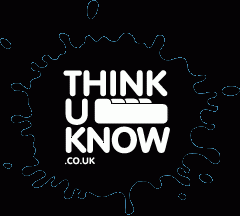
ThinkUKnow
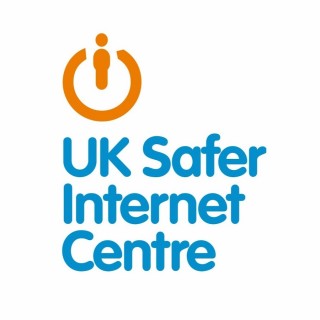
UK Safter Internet Centre
Follow us @astley_primary
